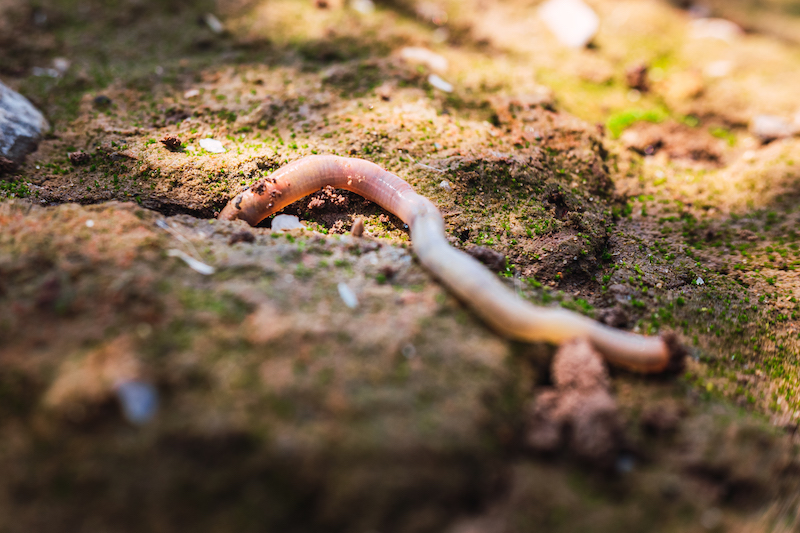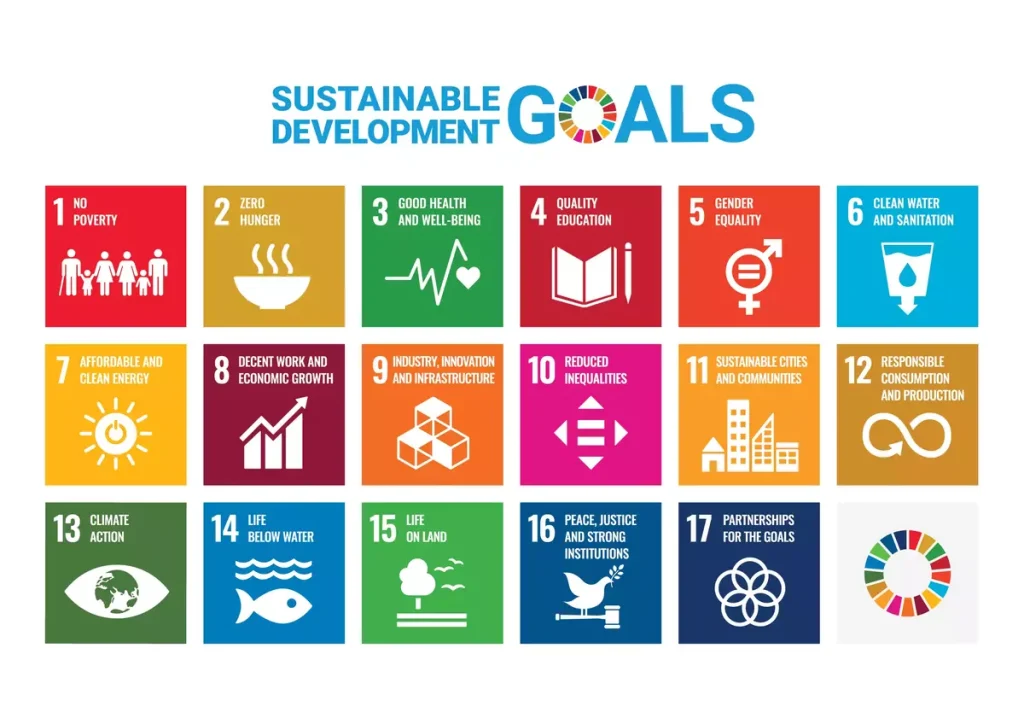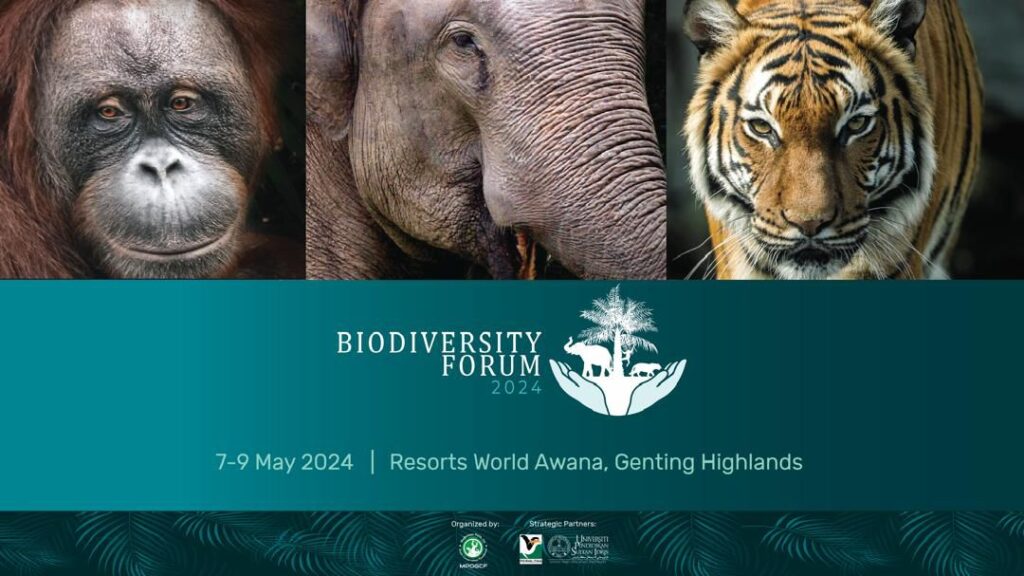Urgent issues affecting the planet in 2024

Since 2009, an international team of researchers known as the Cambridge Conservation Initiative (CCI) has come together annually to determine what will have the greatest impact on the planet over the coming year, whether in terms of global warming, greenhouse-gas emissions, or biodiversity preservation.
Last month, 31 scientists, practitioners and decision-makers drew up an initial list of 96 environmental issues, which they then narrowed down to 15 to highlight the most pressing and impactful.
Of these, melting ice sheets top the list of threats to ecosystems, according to the report published in the journal Trends in Evolution & Ecology.
“Recent studies suggest that reductions in water density caused by increased melting in the Antarctic and reduction in the concentration of salts may reduce abyssal overturning by 40% by 2050.
“These changes reduce the ability of the ocean to absorb carbon dioxide,” the scientists outline.
In addition, the experts highlight the role of wildfires in affecting “climate oscillations”, writing: “Wildfires are likely to become more frequent and larger in many regions worldwide.
“Evidence is emerging that the aerosols produced from wildfires and biomass burning can affect climate oscillations or induce shifts in the position of high- and low-pressure systems, and thus influence the distribution of temperature and pressure over large oceanic areas.”
The authors are also concerned about the massive decline of certain species, in particular sea urchin die-offs in the Caribbean and Mediterranean observed in 2022, which have “have highlighted potential ecosystem shifts in some of the most diverse seas across the world”.
In the case of the Caribbean long-spined sea urchin (Diadema antillarum), mortality reached up to 99%, a rate similar to the mass extinction of this species in 1983 and 1984, which led to the coral reefs being overwhelmed by algal blooms, notes the study.
The scientists further issue a warning about the disappearance of the earthworm, whose abundance has declined by an estimated 33-41% over the last 25 years in the United Kingdom as well as in many other parts of the world.

Still poorly documented, this loss of biodiversity could nonetheless have serious repercussions for the planet. As the researchers remind us, “earthworms (phylum Annelida) are ecosystem engineers that play important roles in nutrient cycling, soil fertility, and ecosystem condition, and contribute significantly to global food production”.
Some of the pressing issues to watch out for this year are linked to innovations that are gaining momentum, according to the CCI. “In some cases, new issues arise directly from efforts to mitigate other issues,” write the team of researchers led by Cambridge University researcher William Sutherland.
In particular, the report mentions new methods of producing energy sources using hydrogen extracted from seawater. While the authors point to the advantages of this technology in that it could reduce pressure on limited freshwater reserves, they also highlight the drawbacks associated with the production of “hypersaline brines and excess oxygen that are probably harmful to marine habitats in particular”.
Another concern revolves around the massive urban project NEOM, the designation of a 26,500 sq km area in Saudi Arabia that will see the construction of The Line, a linear skyscraper city that could house nine million people.
“Although marketed as being sustainable, its dimensions, design, and east–west orientation at the head of the Red Sea mean it is likely to pose a substantial risk to migratory species, particularly passerine birds.”
It’s not all bad news, though: among positive developments outlined by the researchers is the potential growth of “light-free artificial photosynthesis with indoor agriculture” that could potentially support plant-based food production and prevent biodiversity loss.
“We anticipate continuing to highlight novel emerging impacts of climate change and technologies aiming to mitigate it, and transition to more sustainable pathways in the future,” the researchers conclude.



